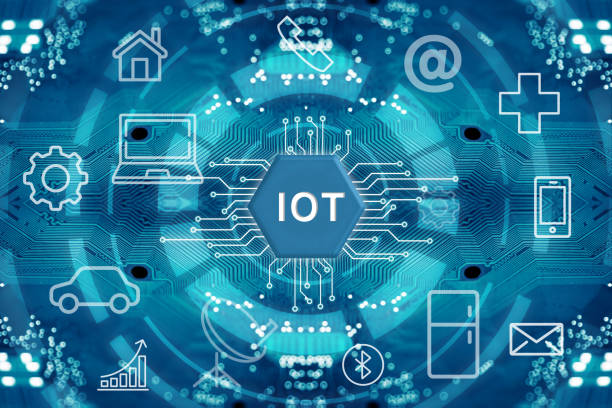Introduction: In the whirlwind of technological advancement, the past five years have been a transformative journey, reshaping the fabric of our society and the ways we interact with technology. From the advent of artificial intelligence to the democratization of blockchain, the landscape of innovation has been nothing short of revolutionary. In this exploration, we embark on a detailed journey through the realms of technology, unraveling the trends and transformations that have defined the past half-decade.
1. Artificial Intelligence (AI) Dominance:
Artificial intelligence has emerged as the cornerstone of modern innovation, permeating every facet of our lives. Over the past five years, AI has evolved from a promising concept to a ubiquitous presence, powering everything from virtual assistants to autonomous vehicles. The exponential growth in computing power and data availability has fueled advancements in machine learning algorithms, enabling unprecedented feats in natural language processing, computer vision, and predictive analytics. As AI continues to mature, its impact on industries such as healthcare, finance, and manufacturing is becoming increasingly profound, unlocking new frontiers in efficiency, productivity, and personalization.
2. The Era of Big Data:
In the age of information overload, big data has emerged as both a challenge and an opportunity. Over the past five years, the volume, velocity, and variety of data have reached unprecedented levels, driven by the proliferation of connected devices, social media platforms, and digital transactions. Organizations are harnessing the power of big data analytics to extract actionable insights, optimize processes, and enhance decision-making. However, this data deluge has also raised concerns about privacy, security, and ethical implications, prompting the need for robust governance frameworks and data protection measures to safeguard sensitive information and ensure responsible use of data-driven technologies.
3. Blockchain Revolution:
Blockchain technology has captured the imagination of innovators and entrepreneurs worldwide, promising to disrupt traditional paradigms of trust, transparency, and value exchange. Over the past five years, blockchain has evolved from a niche concept to a mainstream phenomenon, driven by the rise of cryptocurrencies, smart contracts, and decentralized applications. The immutable and decentralized nature of blockchain offers unparalleled security and resilience, paving the way for innovative solutions in finance, supply chain management, healthcare, and beyond. As blockchain ecosystems continue to mature and scale, the potential for decentralized finance, tokenization of assets, and peer-to-peer transactions is poised to redefine the future of economic and social interactions.
4. The Internet of Things (IoT) Ecosystem:
The Internet of Things has ushered in a new era of connectivity and convenience, with billions of devices seamlessly interconnected to collect, transmit, and analyze data in real-time. Over the past five years, IoT technology has proliferated across diverse domains, spanning smart homes, industrial automation, healthcare monitoring, and urban infrastructure. The convergence of IoT, cloud computing, and edge computing has unleashed a wave of innovation, enabling autonomous systems, predictive maintenance, and personalized experiences. However, the rapid expansion of IoT ecosystems has also raised concerns about cybersecurity, interoperability, and data privacy, underscoring the need for comprehensive standards and protocols to ensure the integrity and resilience of IoT deployments.
5. Quantum Computing on the Horizon:
While still in its infancy, quantum computing has emerged as a frontier of scientific exploration and technological innovation. Over the past five years, significant progress has been made in developing scalable quantum hardware, error correction techniques, and quantum algorithms, laying the foundation for transformative breakthroughs in computation, cryptography, and material science. Major tech companies, research institutions, and governments are racing to achieve quantum supremacy and unlock the immense potential of quantum computing to tackle complex problems that are beyond the reach of classical computers. While many challenges remain, the promise of quantum computing to revolutionize industries and accelerate scientific discovery is a beacon of hope for the future of computing.
Conclusion:
As we reflect on the technological odyssey of the past five years, it's clear that we stand at the precipice of a new era of innovation and discovery. From the rise of artificial intelligence and big data analytics to the blockchain revolution and the proliferation of IoT ecosystems, the pace of technological advancement shows no signs of slowing down. As we navigate the opportunities and challenges that lie ahead, it's essential to harness the power of technology for the greater good, fostering collaboration, inclusivity, and ethical stewardship. Together, we can shape a future where technology empowers individuals, strengthens communities, and propels humanity towards a brighter tomorrow.







.jpeg)
.jpeg)
.jpeg)

.jpeg)
0 Comments